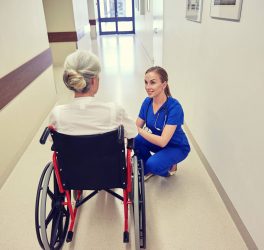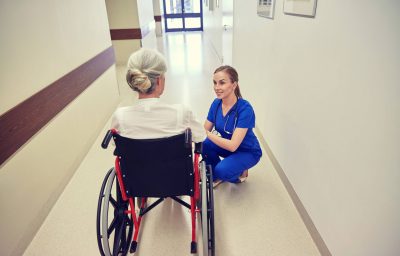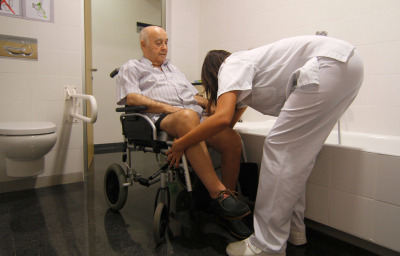
Stroke Foundation is calling the New South Wales Government to urgently reverse its decision not to fund vital stroke awareness and recovery programs in this year’s 2024-25 state budget.
Stroke Foundation currently funds critical programs via donations but as cost-of-living pressures increase, demand for services rise, and the health system fails to meet post-discharge needs from hospital, more funding is needed from the government to meet demand.
Stroke Foundation Chief Executive Officer, Dr Lisa Murphy says she was disappointed to hear funding would not be continuing for the F.A.S.T. (Face, Arms, Speech, Time) Community Education Program and Multimedia Campaign in the Sydney metropolitan area which had been delivered in 2023.
“We are so thankful to our survivors and supporters for keeping Stroke Foundation’s life-saving programs alive, but the onus should not be entirely on our generous community,” Dr Murphy said.
“The health of New South Wales residents should be a priority for the state government, so it is time for them to step-up and show they are serious about tackling stroke.
In 2020, almost 9,000 New South Wales residents experienced stroke for the first time, and there were more than 145,000 survivors of stroke living in our community, many with an ongoing disability.
Ahead of this year’s state budget Stroke Foundation submitted a proposal with two key requests:
- $250,000 per year over four years for a F.A.S.T. (Face, Arms, Speech, Time) Community Education Program and Multimedia Campaign in the Sydney metropolitan area to ensure more people know how to reduce their stroke risk and recognise the signs of stroke.
- $550,000 per year over four years for a StrokeLine Navigator Service to facilitate improved continuity of care and ensure New South Wales survivors of stroke are connected to the services, supports and information they need to achieve their best possible recovery and avoid hospital readmission.
Dr Murphy believes Stroke Foundation’s work can no longer be funded by donations alone.
“We need greater support from government as we are meeting the service gaps in the health system and the needs of more than 145,000 survivors of stroke living in the community.
“Stroke Foundation’s programs are critical to improving the lives and health outcomes for New South Wales survivors of stroke and reducing death and disability caused by stroke. This, in turn, reduces the burden of stroke on an already stretched health system.
“Time is critical when a person is experiencing a stroke. The quicker they receive treatment the better the outcome. Without Australians knowing the signs of a stroke, they lose valuable time to receive emergency treatment. The F.A.S.T campaign is a key public health message, and it needs increased investment to reach more Australians.








